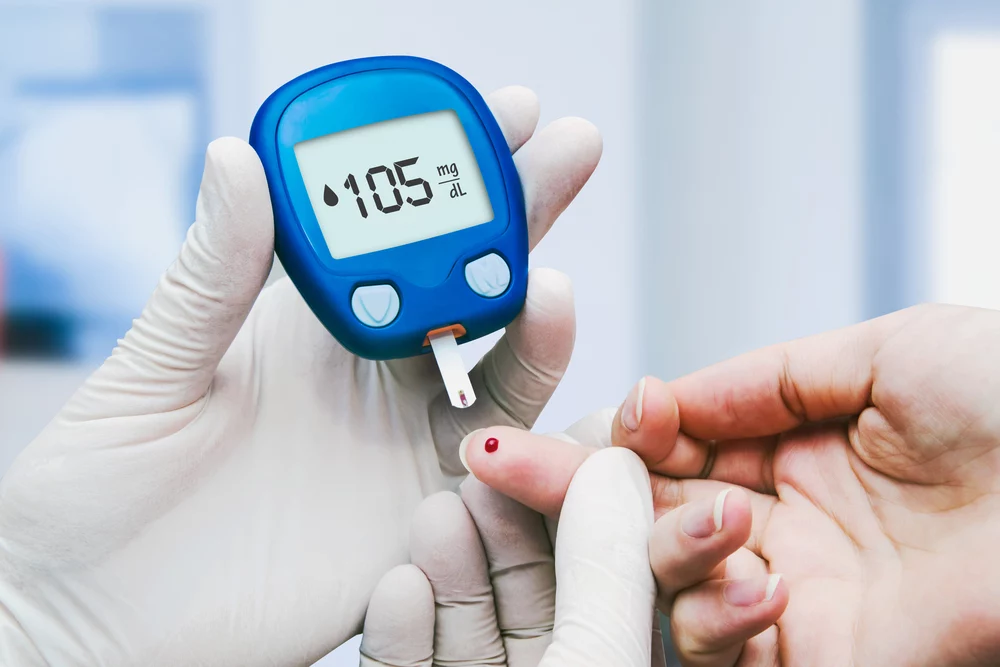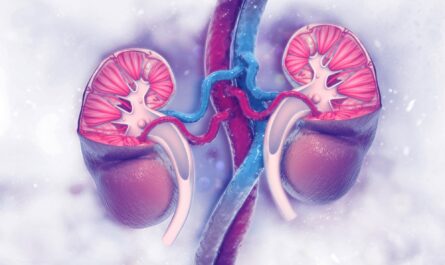Researchers in Germany have made a groundbreaking advancement in diabetes research with the development of a pancreas-on-chip platform integrated with sensors. Led by Prof. Dr. Peter Loskill from the NMI Natural and Medical Sciences Institute and the Faculty of Medicine of the Eberhard Karls University of Tübingen, the team has successfully created organ-like structures on a microfluidic chip to enhance molecular and cell biological insights into the pancreas. This innovative technique offers a promising new avenue for studying diabetes and developing potential treatments.
Diabetes mellitus, a widespread metabolic disorder affecting millions of people globally, is primarily caused by dysfunction in the pancreas, which regulates blood sugar levels through the secretion of insulin and glucagon. With the organ-on-chip technology, researchers can culture tissue outside the body, mimicking the functions of specific organs such as the pancreas. These tissue models, composed of pancreatic cells, respond to drugs and compounds similarly to the actual organ in the body, enabling more accurate assessments of drug efficacy.
The microfluidic chip created by the research team replicates the insulin-producing units of the pancreas and includes integrated sensors for real-time monitoring of the organ model’s condition without disrupting the cells. This innovative approach allows for continuous nutrient delivery to the cells, simulating the natural microenvironment in the body and facilitating longer and more informative experiments. According to Prof. Loskill, the organ-on-chip technology holds great potential for advancing research not only in diabetes but also in other areas of biomedical research.
Organ-on-chip models involve the cultivation of organ-specific cells in a customized microenvironment on a chip, enabling the study of various organs like the pancreas, liver, heart muscle, and brain. These cells receive nutrients similar to blood circulation, allowing for drug testing, disease modeling, and targeted manipulations. The technology enables researchers to conduct time-resolved measurements of drug responses and disease progression, enhancing the understanding of complex biological systems.
Additionally, the use of human cells in organ-on-chip studies offers a more translatable approach compared to traditional animal experiments. This advancement could potentially reduce the reliance on animal testing in biomedical and pharmaceutical research, leading to ethical and scientific advancements in the field. The remarkable capabilities of the pancreas-on-chip platform hold the promise of revolutionizing diabetes research and opening new possibilities for innovative therapies in the future.
*Note:
1. Source: Coherent Market Insights, Public sources, Desk research
2. We have leveraged AI tools to mine information and compile it.



